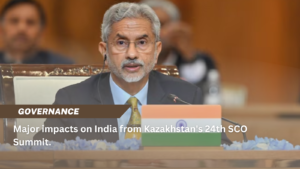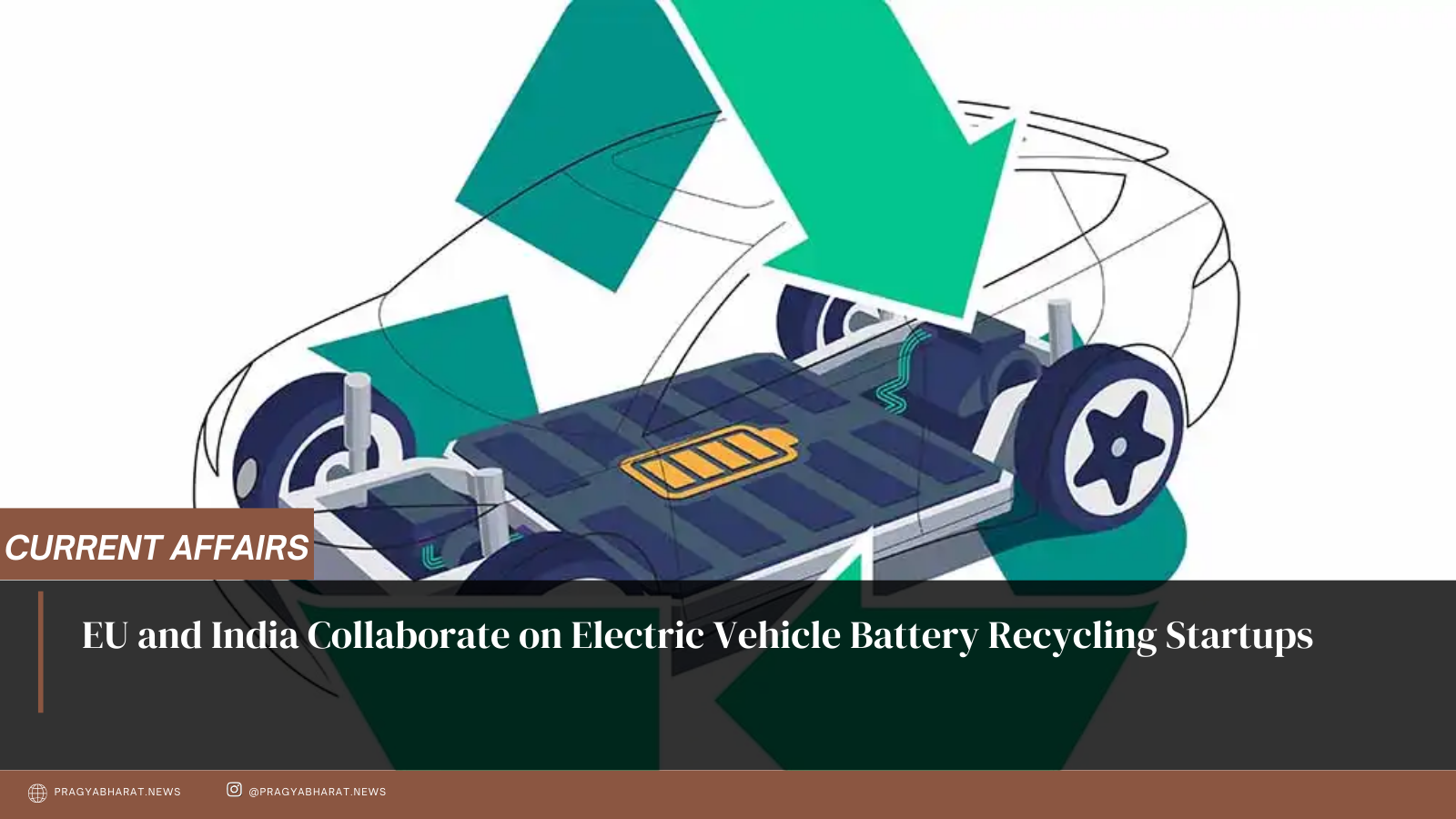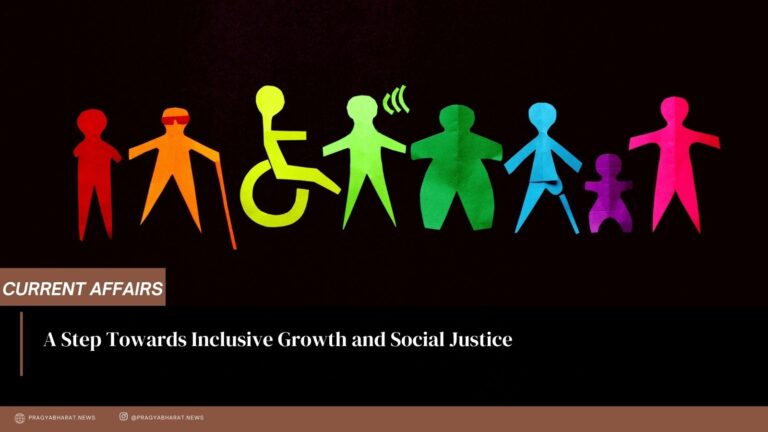The European Union (EU) and India have joined forces to launch an Expression of Interest for Electric Vehicle (EV) Battery Recycling startups, marking a significant step towards fostering cooperation in the clean and green technology sector. This initiative, conducted under the India-EU Trade and Technology Council (TTC), was first proposed by the European Commission and India in 2022 and subsequently established in 2023 as a crucial platform for deepening strategic partnership on trade and technology.
The joint initiative aims to enhance collaboration between European and Indian Small and Medium-sized Enterprises (SMEs) and startups in the EV battery recycling space, recognizing the importance of sustainable practices in managing electronic waste and promoting a circular economy.
The significance of EV battery recycling cannot be overstated, as it allows for the recovery of non-renewable materials such as lithium, nickel, and zinc while minimizing environmental impact through waste reduction. Moreover, efficient battery recycling can help reduce the cost of new batteries, thereby promoting the circular economy model.
India’s ambitious targets under the Battery Waste Management Rules, 2022, aim to achieve a recovery rate of 90% by 2026-27, highlighting the country’s commitment to sustainable waste management practices. The EV battery recycling sector in India is poised for substantial growth, with estimates suggesting it could reach $300 billion between 2017 and 2030.
However, several challenges must be addressed to realize the full potential of EV battery recycling. These include the lack of battery disposal and recycling programs run by authorized agencies, inadequate standardized processes and infrastructure, and safety concerns due to the complexity of battery chemistry and flammability.
India has taken proactive measures to address these challenges, including the introduction of the Battery Waste Management (Amendment) Rules, 2023. These rules mandate phased-in targets for the use of recycled materials in new battery products, ultimately aiming for 20% by 2030-31. Additionally, the rules provide for Extended Producer Responsibility certificates for producers, incentivizing environmentally sound waste management practices.
Through collaborative efforts between the EU and India, as well as proactive measures taken by the Indian government, the EV battery recycling sector is poised for growth and innovation, contributing to both environmental sustainability and economic development.


















+ There are no comments
Add yours